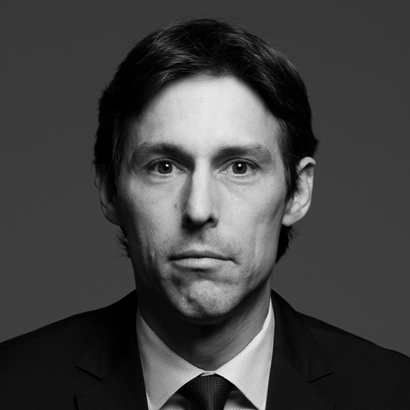Participant Experts: who are they, and what can they say?
Expert witnesses have an obligation to be independent and impartial, but not all expert witnesses are created equal.
It is clear from the Ontario Superior Court’s recent decision in XPG, A Partnership et al. v Royal Bank of Canada that participant experts are held to lower standards of independence and impartiality than experts retained for the purpose of the litigation. However, that case also shows that the scope of participant experts’ evidence will be carefully constrained.
In that case, the plaintiffs sought to adduce opinion evidence from a former merchandising manager employed by one of the plaintiffs. The defendant objected during this line of questioning, disputing the witness’ role as a participant expert and the sufficiency of his impartiality. The defendant also objected to the the scope of questions being put to the participant expert. In particular, the defendant objected to various questions when the participant expert began to explain his conclusion relating to various studies in which he was involved, prior to his involvement in the events that formed the subject matter of the litigation.
According to the Ontario Court of Appeal’s seminal decision in Westerhof v Gee Estate, participant experts must satisfy two criteria in relation to opinion evidence: the opinion to be given must be based on the witness’ observation of or participation in the events at issue, and the witness must have formed the opinion through the ordinary exercise of his or her skill, knowledge, training and experience while observing or participating in such events.
In his decision, Justice Raikes allowed the merchandising manager to testify as a participant expert, holding that participant experts need not be independent of the parties at the time they formed their opinions. The fact that the expert in this case was employed by one of the plaintiffs did not on its own raise the spectre of bias and partiality.
However, the trial judge did limit the former employee’s testimony to evidence relating to opinions he formed during the events that were the subject of the litigation. The Court held that evidence relating to studies that he had participated in previously were not admissible through a participant expert. Such evidence did not relate to the merchandising manager’s participation in the events at issue, and could only be led through a properly qualified expert after service of an expert report, as required by the Rules of Civil Procedure.
Interestingly, Justice Raikes left unresolved the question of how such evidence would be led in jury trials. The trial judge’s finding that the expert’s past employment did not raise concerns about impartiality was punctuated with a concern about the potential “prejudice that would ensure in a jury trial.” Will participant experts related to the parties be barred from the courtroom in those trials? Those issues remain to be determined.
With notes from Sarah Bittman.
